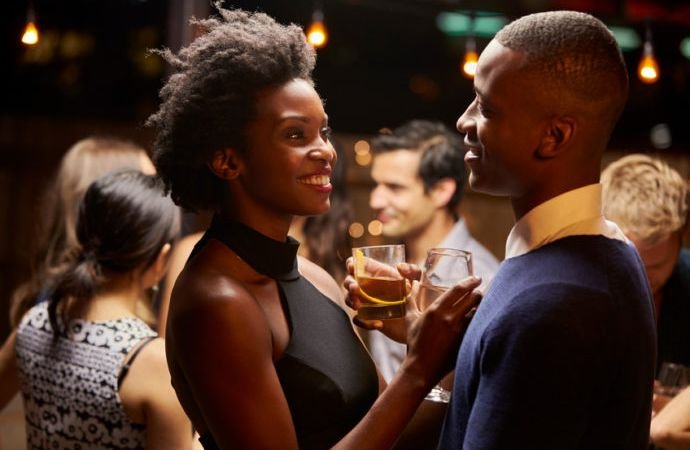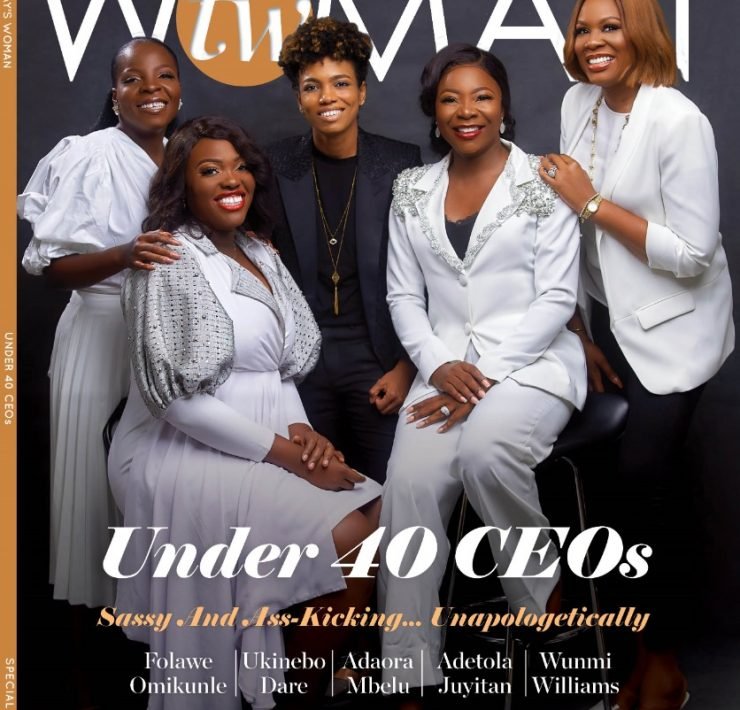Why women are lagging in Nigerian politics

The belief that Nigerian politics wasn’t limited to men alone, spurred Professor Remi Sonaiya to join the presidential race in 2015 under KOWA Party. Although she didn’t win, she was determined and diligent, not allowing the toxic political atmosphere to consume her. She remained focused and forged ahead. Her courage helped other female politicians act on their intentions to contest different positions of authority including the local governments, houses of assembly, house of representatives, senate and the governorship.

However, the challenges women encounter as politicians cannot be glossed over. The more women join Nigerian politics, the tougher and more toxic the atmosphere becomes. Apparently, their opponents are men who feel they are better suited to the kitchen than the rough and tumble of national politics.
Recently, a member of the Nigerian House of Representatives, Gudaji Kazaure, disagreed with the calls that women should be given the opportunity to participate in Nigerian politics. Kazaure, while speaking at the plenary, said women would ‘mess up’ the country if given more opportunities in the country’s political set up. Kazaure, who is representing Kazaure/Roni/Gwiwa/Yankwashi Constituency of Jigawa State said women are already in charge of the homes and should not aspire to rule the country.

Speaking on the challenges of women in politics, Mrs Toluwani Oyejo explained that the reason women lose in politics is that people are prejudiced against them, making it difficult to make headway. She also stated that women hardly participate in politics because they are financially incapacitated. According to her: “This is more evident during elections as most women would not have enough money to spend on fliers, posters, T-shirts and other things that will be needed for a successful election. Another reason is that there are influential men also contesting for the same position as the women, and will do anything possible to win such positions. “
Another unfortunate factor, is that most husbands are not comfortable with their wives being actively involved in politics, so they do not give their approval. This usually discourages the wives from going into politics because they are scared of losing their marriage.
Some of the trends thwarting female candidates are unlikely to change anytime soon. Popular incumbents will continue to be difficult to unseat in re-election campaigns, and more than 95 per cent of the world’s incumbent leaders are men. Yet we have to ask, do you think there’s hope for women in politics? Will the legislature and ruling positions in Nigeria achieve a state of gender balance? We’d love to hear your thoughts; leave your answer in the comments.
Source – Vanguard Nigeria
Sign Up to Our Newsletter
Get notified about exclusive offers every week!










